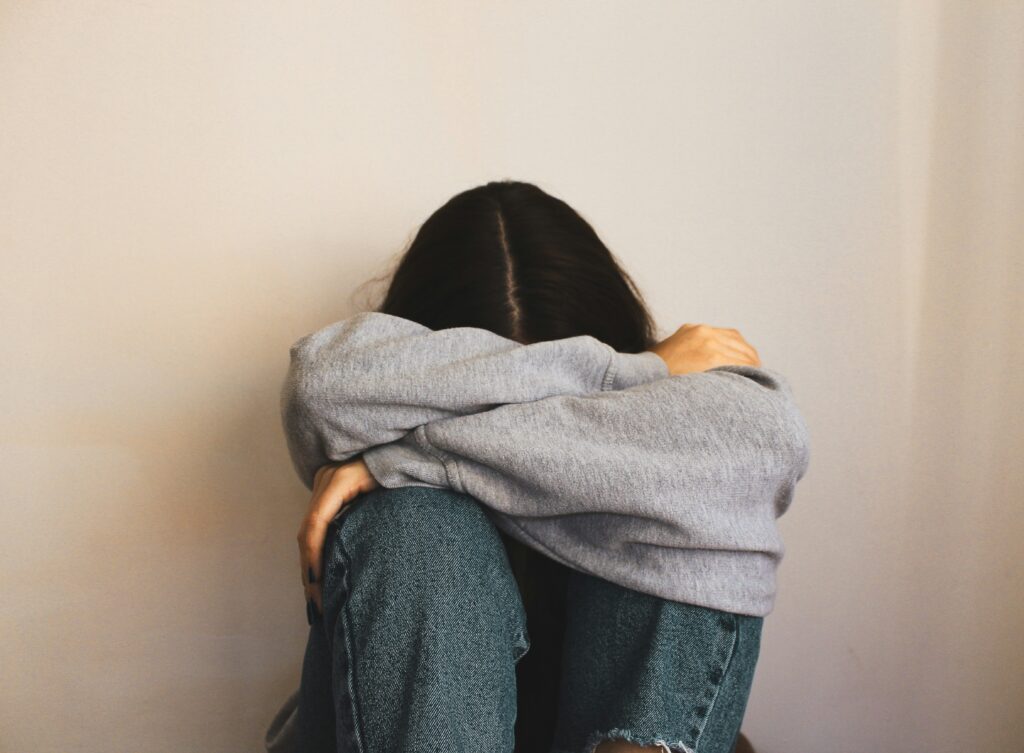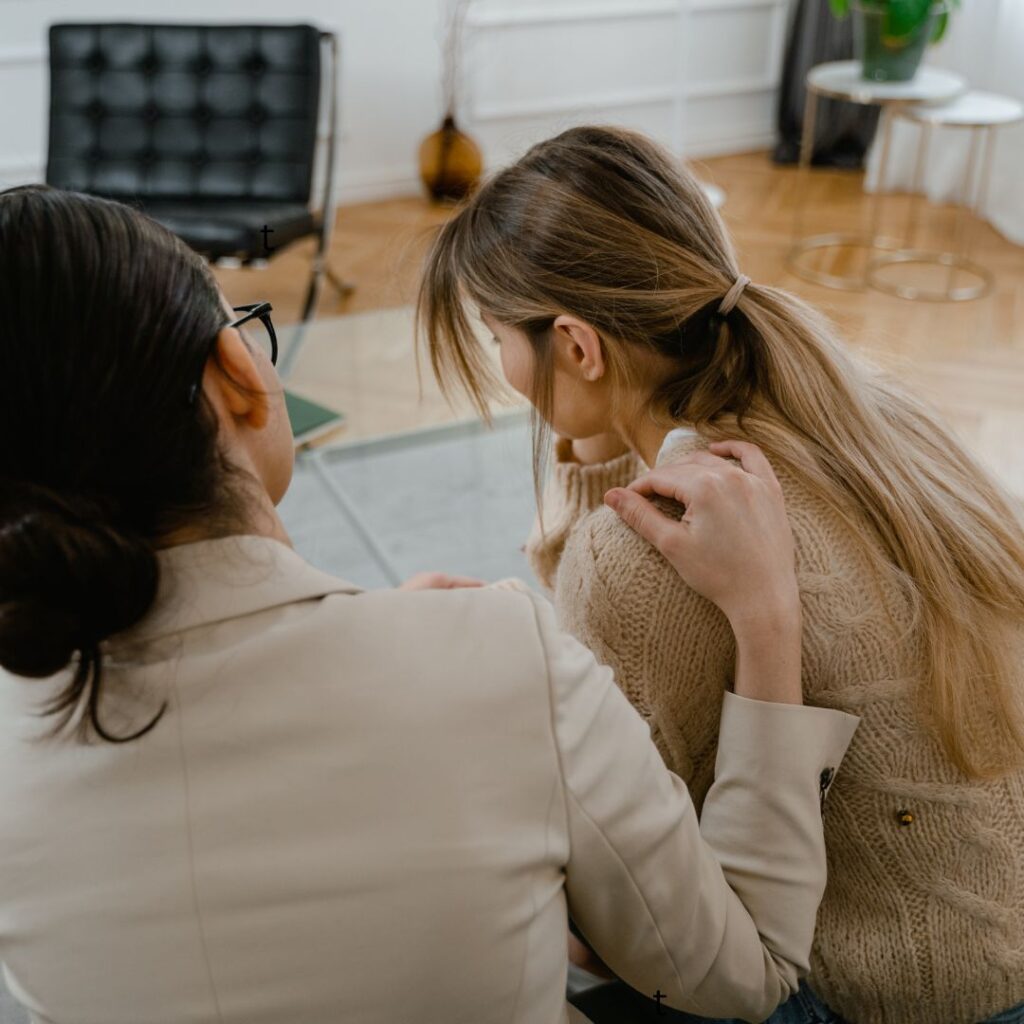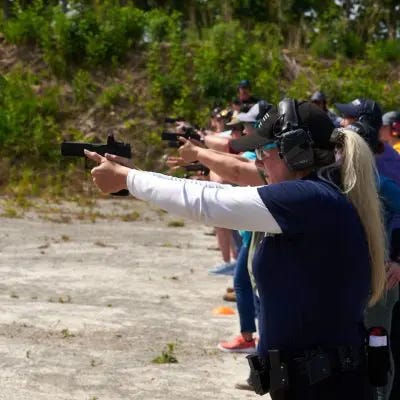Supporting a Friend Who Has Experienced Violence: What to Do and Say

Experiencing violence can leave deep emotional and physical scars, and supporting a friend through such a challenging time requires sensitivity, empathy, and understanding. Here are some guidelines on what to do and say when a friend confides in you about their experience with violence. At Protect Her Path, we believe in empowering women with the tools to feel safe and supported, and knowing how to be there for someone in their time of need is a vital part of that mission.
1. Listen Without Judgment
What to Do:
- Create a safe and comfortable environment for your friend to share their story.
- Offer your undivided attention, and let them speak at their own pace.
What to Say:
- “I’m here for you.”
- “Take your time. I’m listening.”
It’s crucial to listen without interrupting or making assumptions. Allow them to express their feelings and experiences without fear of judgment.
2. Believe and Validate Their Experience
What to Do:
- Affirm their experience and acknowledge their courage in sharing it with you.
- Avoid questioning the details or suggesting that they are exaggerating.
What to Say:
- “I believe you.”
- “What happened to you is not your fault.”
Validation helps your friend feel understood and supported. It reinforces that their feelings and experiences are legitimate.

3. Offer Emotional Support
What to Do:
- Be patient and compassionate. Understand that healing is a process that takes time.
- Offer physical comfort if appropriate, such as a hug or holding their hand, but only if they are comfortable with it.
What to Say:
- “It’s okay to feel how you’re feeling.”
- “I’m so sorry this happened to you.”
Emotional support can help your friend feel less isolated and more connected during a difficult time.
4. Respect Their Privacy and Autonomy
What to Do:
- Keep their story confidential unless they give you explicit permission to share it with others.
- Support their decisions regarding how to proceed, whether it’s seeking professional help, reporting the incident, or any other actions they choose.
What to Say:
- “Your story is safe with me.”
- “What do you need from me right now?”
Respecting their privacy and autonomy helps them regain a sense of control over their own life and decisions.
5. Encourage Professional Help
What to Do:
- Gently suggest seeking professional help, such as counseling, medical care, or legal advice.
- Provide information on local resources, such as hotlines, support groups, and counseling services.
What to Say:
- “Would you like help finding a counselor or support group?”
- “There are professionals who can help you navigate this. Would you like me to assist you in finding someone?”
Professional help can provide specialized support and resources that are essential for recovery.
6. Be Patient and Check In Regularly
What to Do:
- Understand that healing is not linear and your friend may have good and bad days.
- Check in with them periodically to show your continued support.
What to Say:
- “Just wanted to see how you’re doing.”
- “I’m here if you need anything.”
Regular check-ins demonstrate that your support is ongoing and that you care about their well-being.
7. Educate Yourself
What to Do:
- Learn about the effects of violence and the healing process to better understand what your friend is going through.
- Use reputable sources to educate yourself on how to support survivors of violence.
What to Say:
- “I’ve been learning more about this to better support you.”
- “If there’s anything specific you want me to understand, please let me know.”
Being informed allows you to offer more effective and empathetic support.
Supporting a friend who has experienced violence is about being present, listening, and validating their experience. Remember, your role is to be a compassionate ally, respecting their journey and encouraging them to seek the professional help they may need. Together, we can create a community where every woman feels safe, valued, and empowered.
If you or someone you know has experienced sexual harassment, assault, or violence, help is available. Here are some trusted organizations that offer support and resources:
National Sexual Assault Hotline (RAINN)
Website: https://www.rainn.org
Hotline: 1-800-656-HOPE (4673)
Services: Offers confidential support, guidance, and connections to local resources.
The National Domestic Violence Hotline
Website: https://www.thehotline.org
Hotline: 1-800-799-SAFE (7233)
Text: Text “START” to 88788
Services: Provides support for domestic violence victims and survivors, including safety planning and access to shelters.
Crisis Text Line
Website: https://www.crisistextline.org
Text: Text “HELLO” to 741741
Services: Provides free, 24/7 support for any kind of crisis via text.
Stay connected with us on Facebook and Instagram for more self-defense tips, safety insights, and empowering content tailored to help women walk their path with confidence. Let’s keep the conversation going. Join us today!






Responses